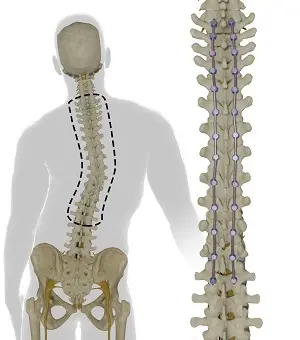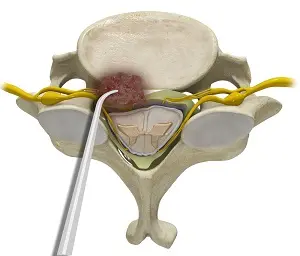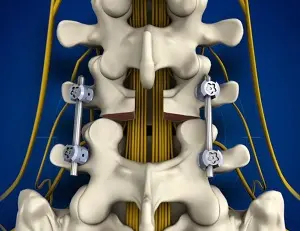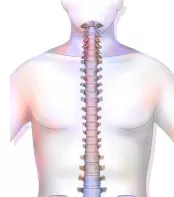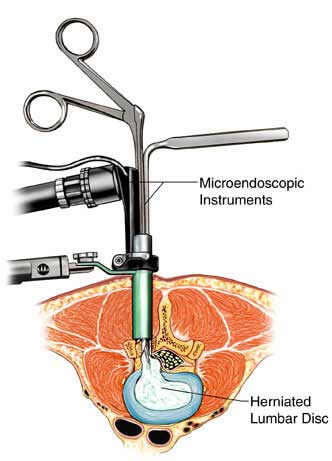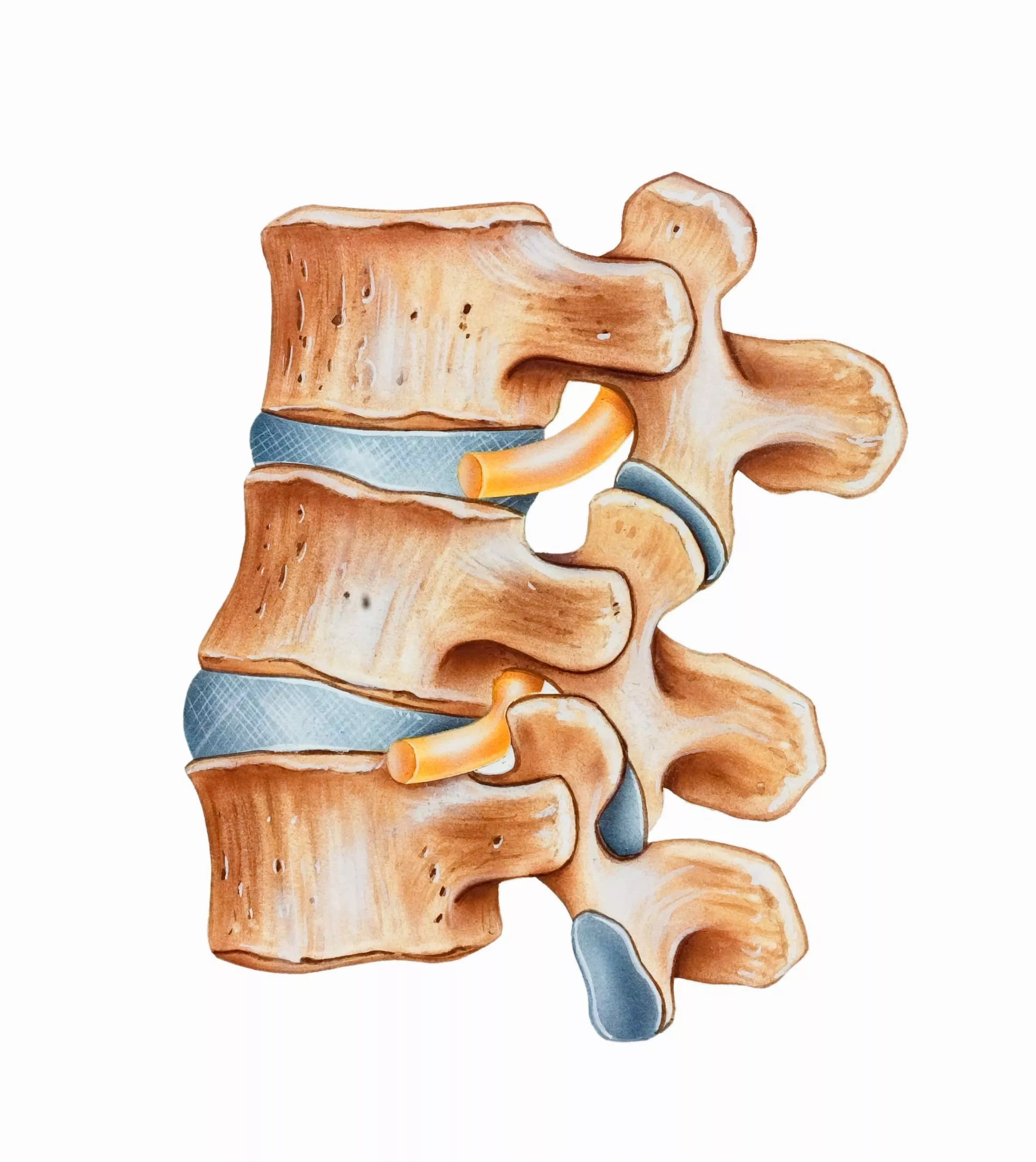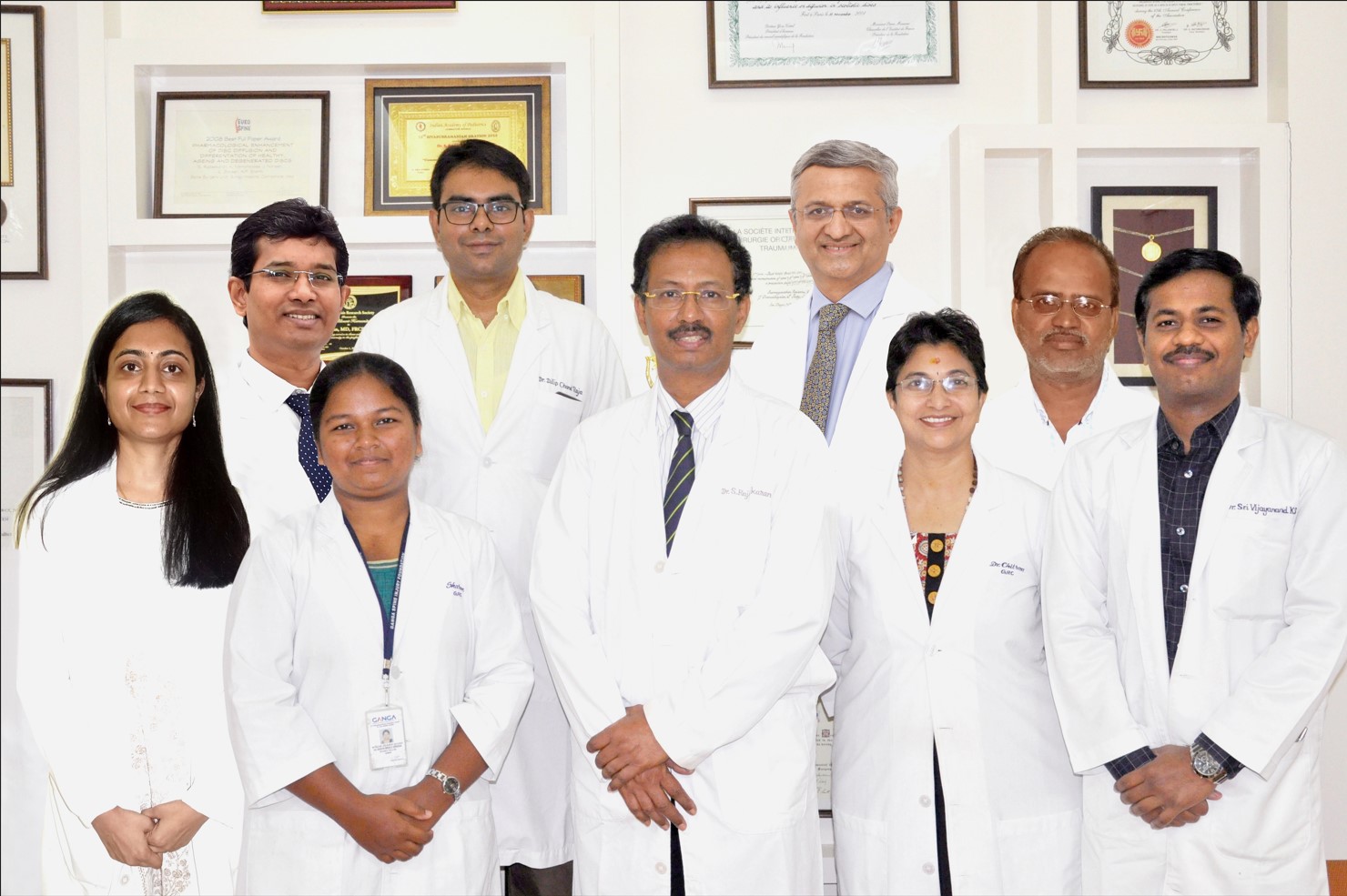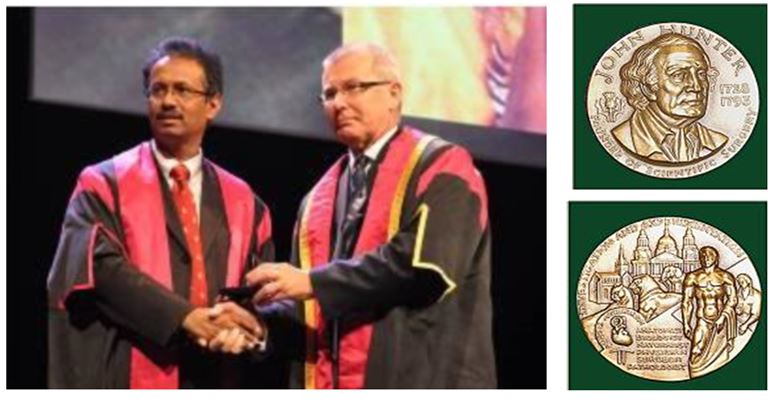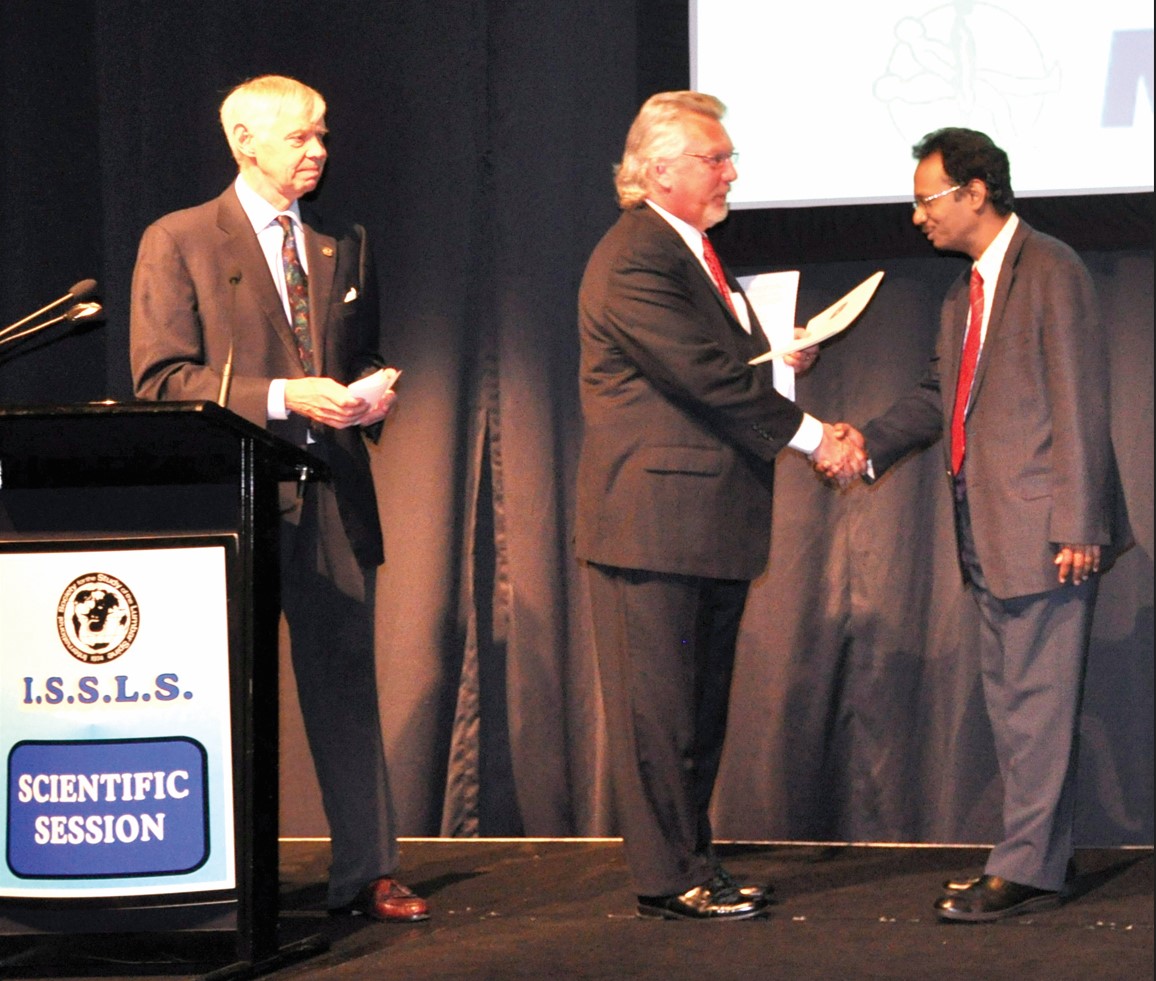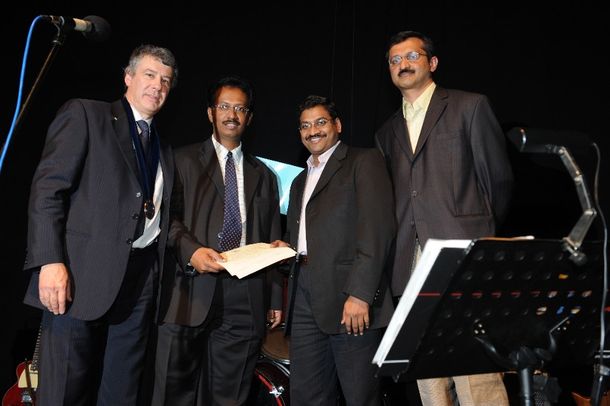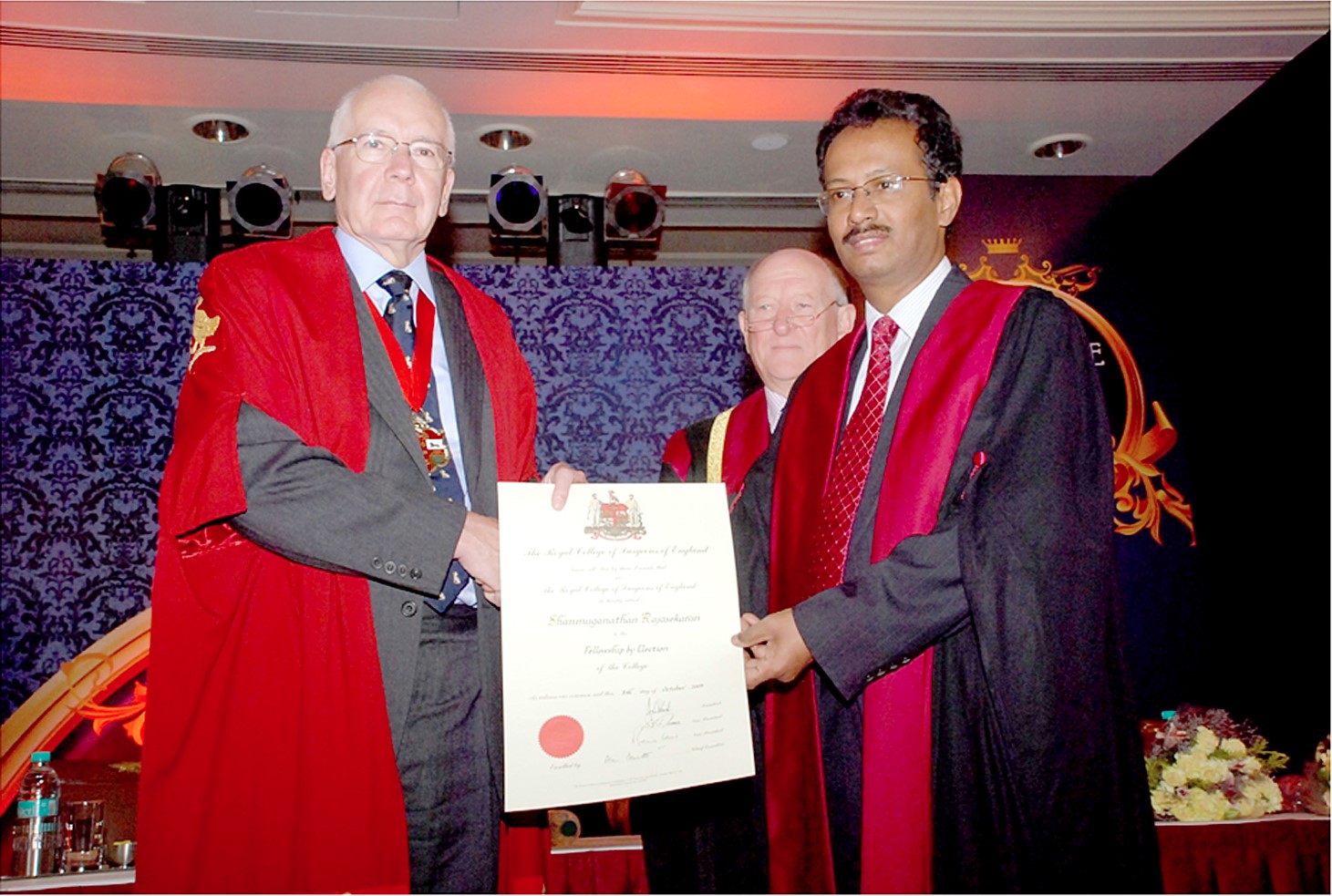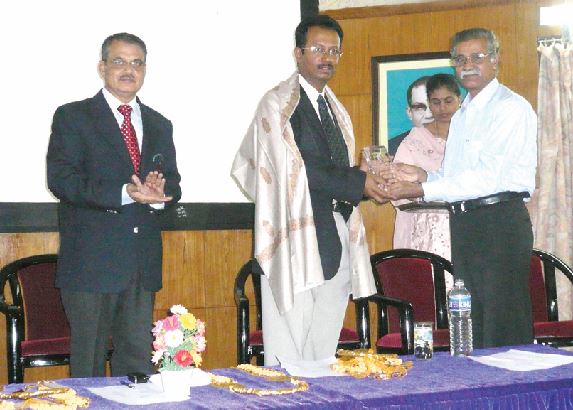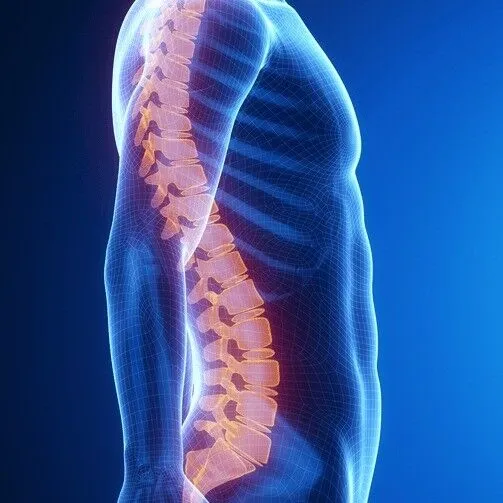
Symptoms of Spine Disorders
Spine disorders often manifest with a range of symptoms. Common signs include:
-
Chronic back pain: This can range from a dull ache to sharp, stabbing pain in the lower back.
-
Numbness or tingling: A sensation of "pins and needles" in the arms, legs, or lower back may indicate nerve compression.
-
Limited mobility: Difficulty bending, standing, or walking due to pain or stiffness in the spine.
-
Muscle weakness: A loss of strength in the arms or legs, often associated with conditions like herniated discs or spinal stenosis.
-
Radiating pain: Pain that travels down the arms or legs, commonly seen with issues like sciatica.

Treatment for Spine Disorders
At Ganga Hospital, we offer a variety of treatments tailored to the severity and nature of the spine condition:
- Non-Surgical Treatments:
- Physical Therapy: Designed to strengthen muscles and improve mobility.
- Pain Management: Including medications, steroid injections, and alternative therapies like acupuncture.
- Lifestyle Adjustments: Weight management, posture correction, and ergonomic recommendations to reduce strain on the spine.
- Surgical Treatments:
- Discectomy: Removal of part or all of a herniated disc to relieve nerve pressure.
- Spinal Fusion: A procedure to join two or more vertebrae to stabilize the spine.
- Laminectomy: Removal of part of the vertebra to relieve pressure on the spinal cord.
- Artificial Disc Replacement: Replacing a damaged disc with an artificial one to restore motion and relieve pain.

Recovery after Spine Surgery
Recovery from spine surgery at Ganga Hospital is a gradual process. Here’s what to expect:
-
Initial Recovery: Most patients stay in the hospital for 2–3 days post-surgery. Pain is managed through medication, and physical therapy may begin shortly after surgery.
-
Physical Therapy: Patients engage in physical therapy to restore function, improve flexibility, and strengthen supporting muscles. This is crucial for a full recovery.
-
Home Care: At home, patients need to follow guidelines for activity restrictions, such as avoiding heavy lifting and certain movements, to allow the spine to heal properly.
-
Full Recovery: Complete recovery typically takes 6 weeks to 6 months, depending on the type of surgery and individual health factors.

Medical Equipment Used in Spine Surgery
Ganga Hospital uses advanced medical equipment to ensure the best outcomes for spine surgery patients:
-
MRI and CT Scans: These imaging tools are essential for diagnosing spinal conditions and planning surgeries with high precision.
-
Surgical Navigation Systems: These are used during surgery to guide surgeons with real-time imaging and improve the accuracy of procedures like spinal fusion and discectomy.
-
Robotic Surgery Tools: These allow for minimally invasive spine surgery, resulting in smaller incisions, reduced pain, and faster recovery times.
-
Spinal Implants: The hospital uses high-quality implants, including screws, rods, and artificial discs, to stabilize the spine after surgery.



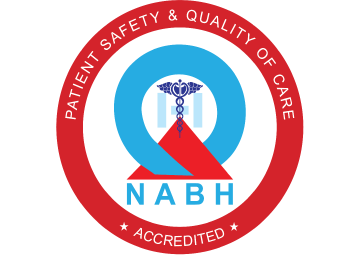


 Advanced Care
Advanced Care

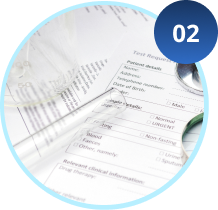



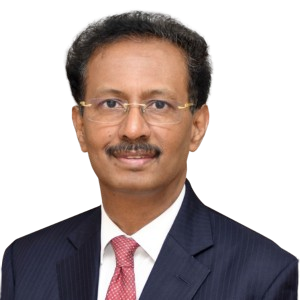
 Chairman
Chairman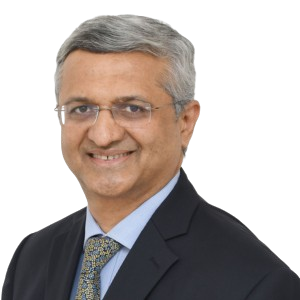
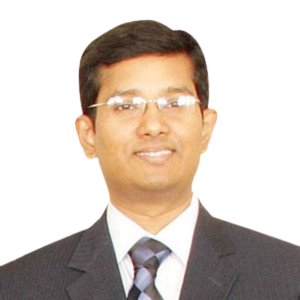
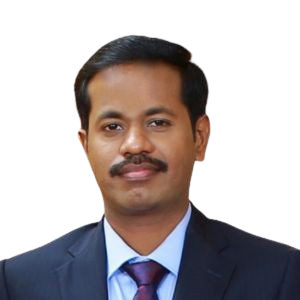
 Rehabilitation Focus
Rehabilitation Focus  Expert Surgical Team
Expert Surgical Team Proven Success
Proven Success  Comprehensive Diagnostics
Comprehensive Diagnostics 


